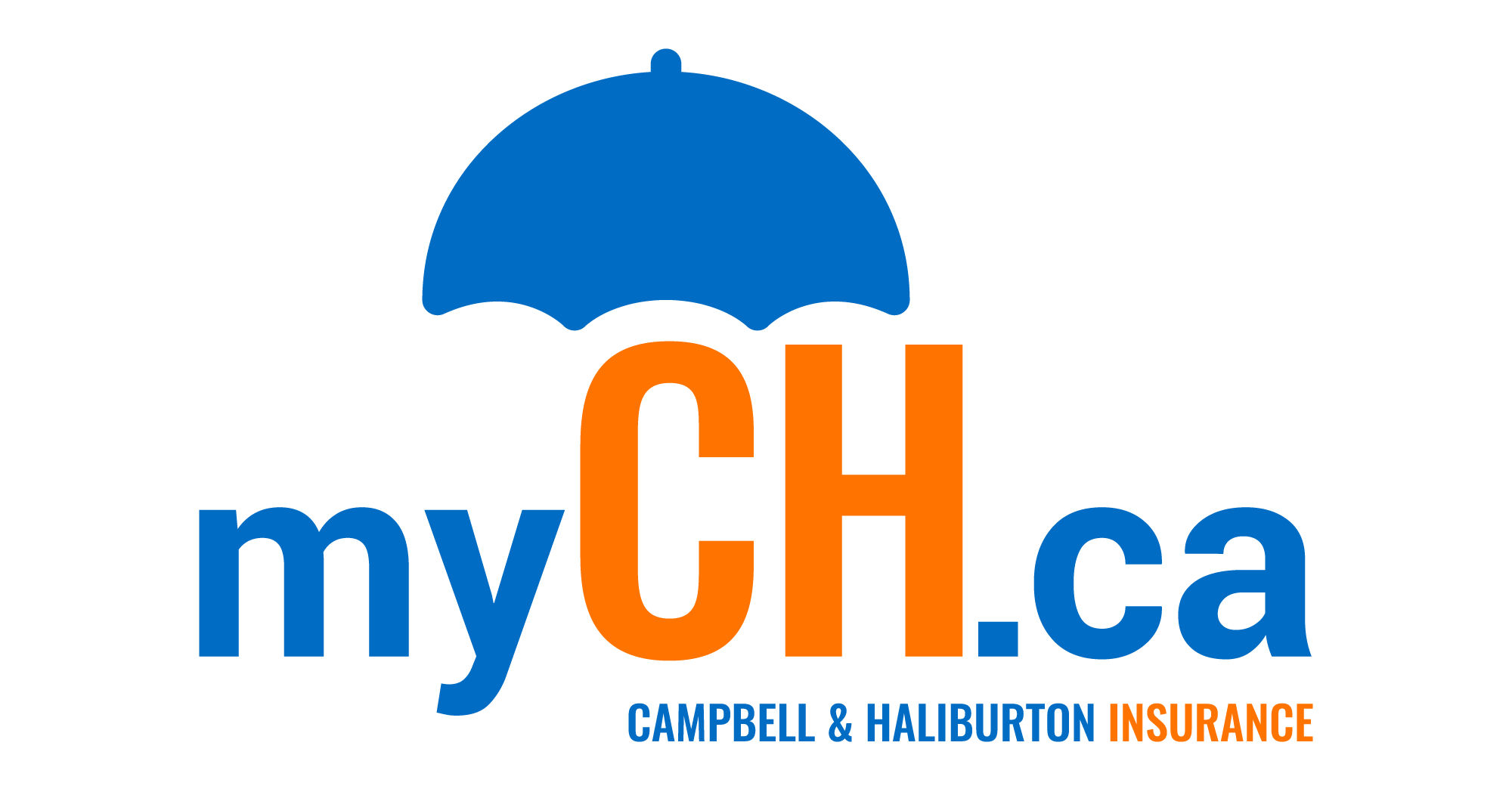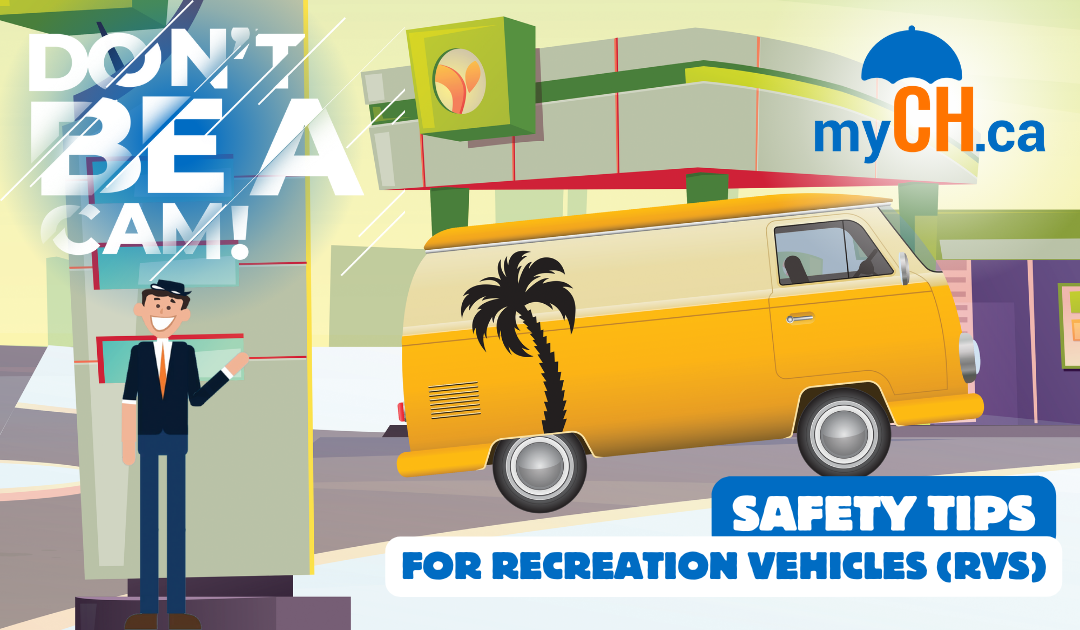In this blog, the Campbell & Haliburton Insurance team discusses safety tips for recreation vehicles (usually referred to as RVs)!
CAA Safety Guidelines for Recreation Vehicles
Before heading out on the road with your RV, CAA Saskatchewan has eight tips to ensure you have a worry-free vacation.
1. Check the interior:
- Open all windows and doors to air out the space after storage
- Examine the interior for any signs of rodent infestation. There may be damage due to chewed wires that might otherwise be undetected.
- Look for water damage on the walls and floors. Soft spots or discoloured areas may indicate a leak that needs repair.
- Turn on the furnace, water heater, and refrigerator to ensure everything works.
2. Inspect the windows:
- Check both interior and exterior surfaces of window frames, seals, and ledges.
- Discolouration, soft spots, or mold could indicate leaks.
- Repair leaks promptly to prevent further water damage.
3. Check the water lines:
- Flush the lines of any RV antifreeze that may have been used during the winterization process before using the water system.
- Turn on the water pump and open indoor and outdoor faucets to run the water for a few minutes.
- Flush the toilet and run the shower to clear all water lines.
4. Examine the exterior of the RV:
- Inspect the tires, headlights, and brake lights. Inflate tires and replace bulbs as necessary.
- Check the hitch for any signs of rust or damage. Lubricate any moving parts.
- Examine seams, vents, roof, and windows for leakages, particularly for cracks, gaps, or peeling sealant.
- Inspect hydraulic jacks or awnings for needed maintenance.
5. Check detectors:
- Smoke and carbon monoxide detectors should be checked by pressing the test buttons to determine if they are sending alarms or signals
- Ensure operational and up-to-date fire extinguishers are on board by looking for an expiry date or inspection sticker.
- If no information is available regarding an expiry date, inspect the handle and nozzle to ensure they are solid.
6. Check propane tanks:
- Check the expiration date on the propane tank.
- Any tank that is nearing its expiration date needs to be recertified or replaced by a professional.
- Have a functional propane detector in the RV.
- Test the propane detector to ensure it is functioning properly.
7. Examine tires:
- Check the tire pressure and refer to the owner’s manual to set the tires to the recommended pounds per square inch (PSI).
- Smaller trailers may have an expiry date on the tires.
- Check the sidewalls of the tires and be aware of expiry dates. Replace, as indicated.
8. Check the battery:
- Fully charge the battery before reinstalling in the RV if it was removed for winter storage.
- Use a battery charger or method recommended by the manufacturer.
- If the battery remained in the RV, test it using a tester to determine the voltage.
- Recharge the battery using an appropriate system.
Don’t Forget
Always involve an RV technician for professional assistance, as required.

Want to Renew Your Plates Online?
Thanks to MYSGI’s user-friendly system, Campbell & Haliburton Insurance offers direct license plate renewal online!

